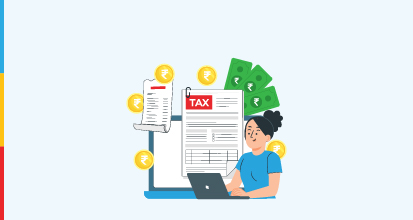- Tax Rebate: A reduction in the amount of tax owed.
- LRS: A scheme that allows Indian residents to send money abroad for various purposes like education, medical expenses, etc.
- Tax Deducted at Source: A method of collecting income tax where tax is deducted at the source of income before it reaches the recipient.
- Tax Collected at Source: Tax that is collected by the seller from the buyer on certain goods or services, then remitted to the government.
- MSMEs (Micro, Small, and Medium Enterprises): Small-scale businesses that contribute significantly to India's economy.
Written by : Knowledge Centre Team
2025-11-01
11224 Views
15 minutes read
Share









